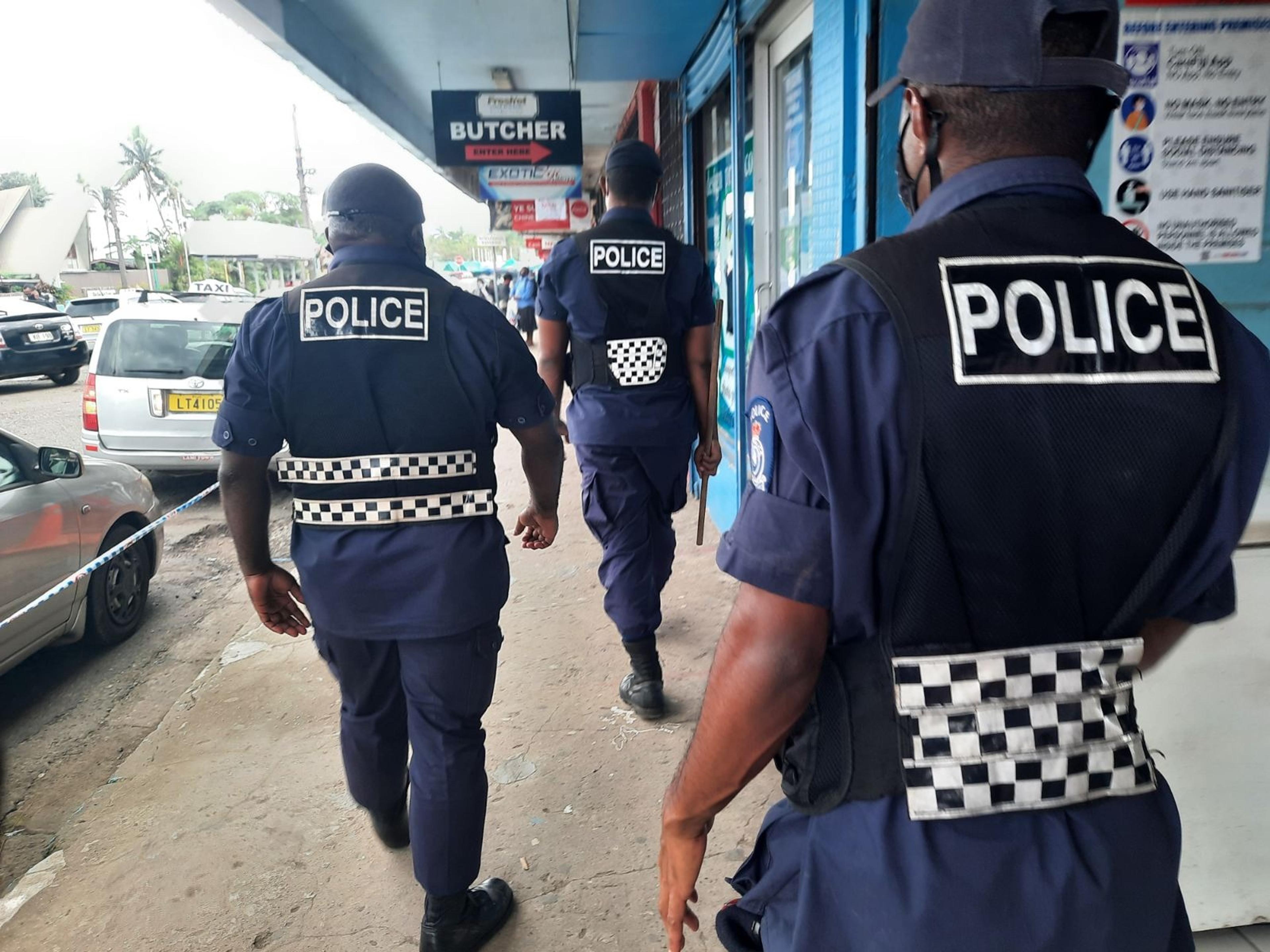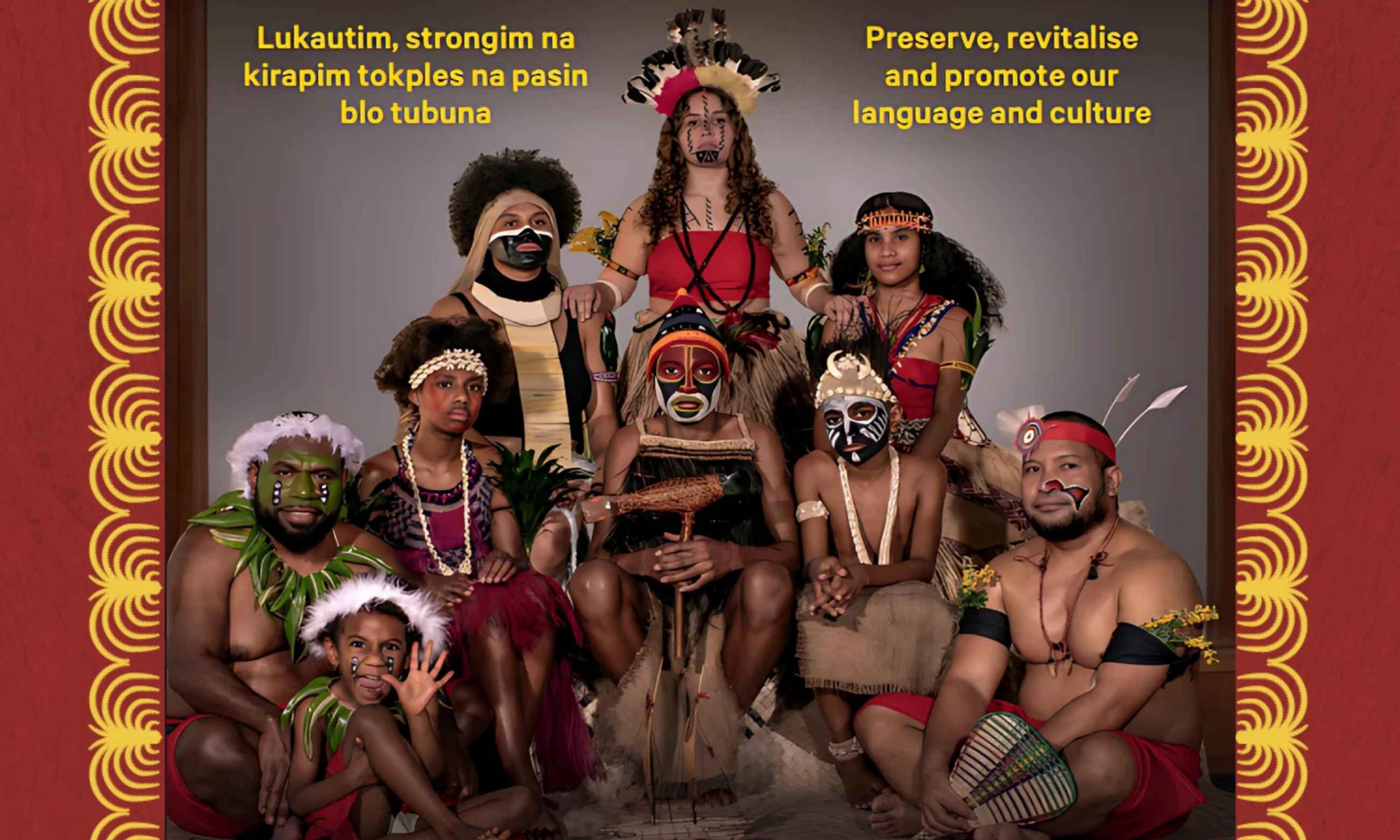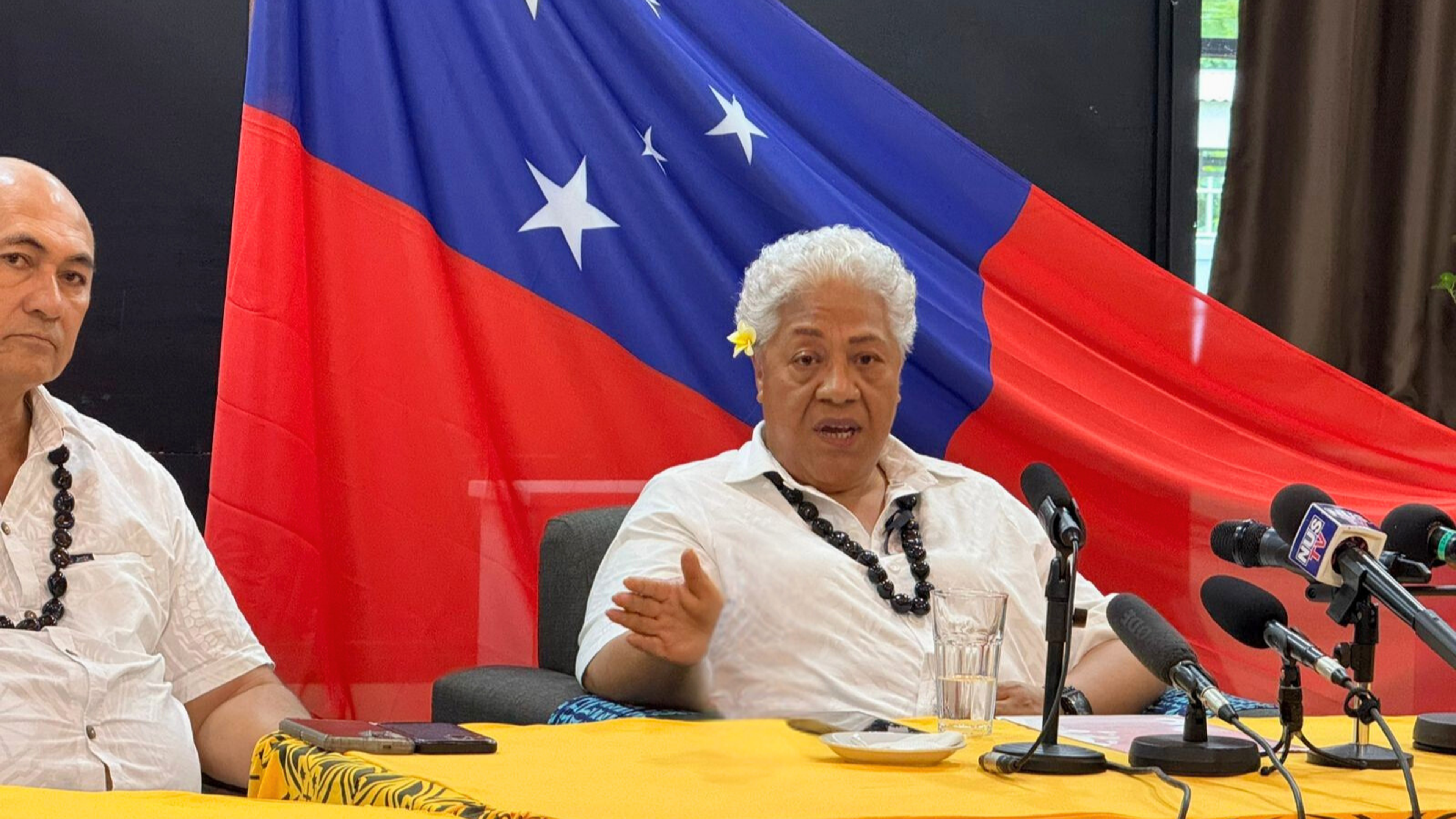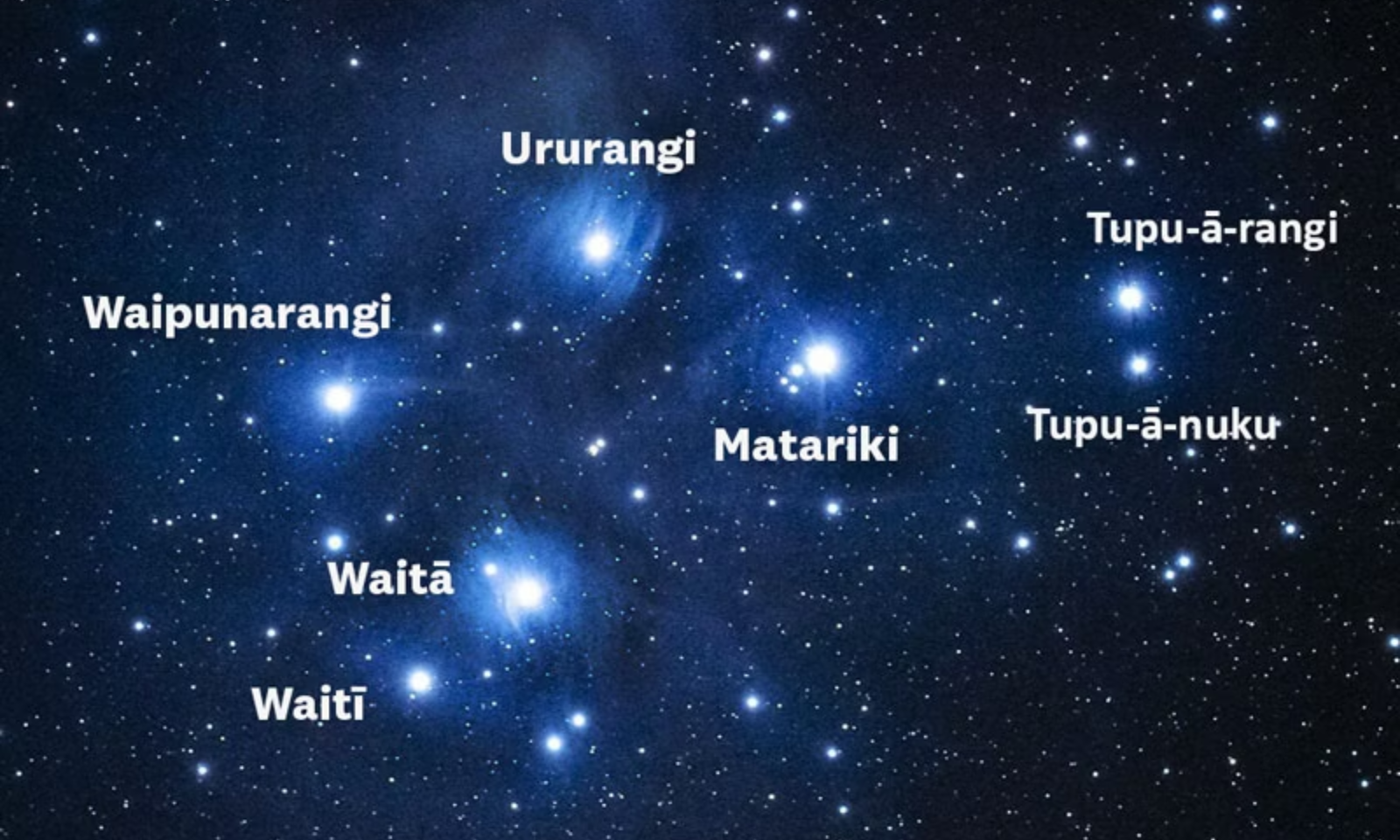

Matariki is celebrated as an official public holicay in Aotearoa and this year will be on 20 June.
Photo/Fraser Gunn
Auckland’s Matariki Festival celebrates water and Māori culture in a time of reflection
Matariki ki te Wai 2025 invites communities to honour their ancestors and highlight the interconnectedness of life, water, and identity.



Concerns raised about education changes for Pacific, Māori students

Tok Pisin at the heart of Papua New Guinea Language Week 2025

Sāmoa enters post-election phase with recounts, petitions and transition of power



Concerns raised about education changes for Pacific, Māori students

Tok Pisin at the heart of Papua New Guinea Language Week 2025

Sāmoa enters post-election phase with recounts, petitions and transition of power
As Matariki rises, marking the Māori New Year, iwi across Aotearoa prepare to honour the past, cherish the present, and envision a prosperous future.
Matariki is celebrated as an official public holiday in Aotearoa, and this year it will be on Friday, 20 June.
For those unfamiliar with Matariki celebrations, the experience is quite different from typical New Year festivities. There is no countdown to midnight, no overindulgent feasts, and no all-night parties filled with alcohol and impulsive decisions.
Instead, Matariki evenings are dedicated to remembrance for those who have passed on, with early morning rises to catch the first glimpse of the constellation. It is a time for reverence, reflection, and renewed thoughtfulness.
During winter, as kai harvesting is at a minimum, talanoa often take place in the maara kai (food garden) centred around sustainable and mindful consumption.
In the coming weeks, communities will deepen their connections and understanding of the world beyond their own, and for Aucklanders, a festival has begun and offers indigenous-led knowledge about the significance of water.
Matariki ki te Wai - Matariki and Water is the unifying theme for Aotearoa New Zealand’s 2025 Matariki Festival, supported by Auckland Council, which runs from 7 June to 13 July.
This year’s festival draws inspiration from three of the nine stars in the Matariki cluster:
Waitī - connected to freshwater and living creatures in rivers, streams, and lakes.
Waitā - the twin star to Waitī, associated with the ocean and representing food gathered from the sea.
Waipuna-ā-rangi - meaning “water that pools in the sky” or rain.
Melz Huata-Lucas (Ngāti Kahungunu, Ngāti Tūwharetoa), the Māori Culture and Identity Programme Lead at Auckland Council, says Matariki is a time for rejuvenation, remembrance, and shared cultural experience.
“It gives us [Māori] an opportunity to show a way of feeling our culture as opposed to just reading about it,” Huata-Lucas says in an interview on 531pi’s Island Time.
Watch the full interview with Melz Huata-Lucas below.
“This gives an opportunity for our hāpori, our communities, to get involved in something so special to us as Māori.”
In their second year as iwi manaaki (caretakers) for the festival, Ngāti Tamaoho brings strong ancestral ties to Pūaha o Waikato and the southern reaches of Tāmaki Makaurau.
Huata-Lucas, an advocate for matauranga Māori (knowledge), is committed to cultural revitalisation and promoting iwi-led storytelling, especially for Mataawaka, which refers to Māori living in Auckland who are not part of Mana Whenua (original tribes of the land).
“Matariki ki te Wai is a way for us to talk about how we sustain our waters around us,” Huata-Lucas says.
“Not just our physical waters that you might see, like the moana or the awa, but also about your wairua, how you feel, your spiritual well-being, how you can connect in that way.”

Names of each star in the Matariki cluster. Photo/Te Papa
Be like water
Water is the essence of life for Māori and Pacific cultures. It is considered a treasure and a living entity. Rivers, lakes, and springs are integral to tribal identity, and Māori often introduce themselves through their ancestral waters.
Water holds ritualistic and healing properties, often linked to sacred practices, spiritual cleansing, and restoring balance.
Huata-Lucas says the festival theme was purposefully crafted to support and guide event producers across Tāmaki Makaurau and beyond in shaping their Matariki celebrations, especially for those unfamiliar with tikanga Māori (protocols).
The theme is part of a three-year cycle, with last year’s focus on ‘taiao’ (environment), symbolising planting a seed.
This year’s festival centres on wai, and next year’s theme will be rangi (sky), reflecting the interconnectedness of earth, water, and sky.
“When you nurture that seed, you put water on that seed so you can flourish and watch it grow, and so now we're reaching that stage of our Matariki Festival being in Tāmaki Makaurau,” Huata-Lucas says.
“Next year will be our final year with our iwi manaaki Ngāti Tamaoho, and that will be Matariki ki te Rangi, so it'll be returning back to the sky…you plant the seed, you watch it grow, and then by the third year they’re flying.”
Don’t let the wet weather stop you
Across Aotearoa, communities, hapū, and iwi are embracing this theme by hosting a variety of events, including dawn ceremonies known as hautapu, storytelling, art installations, kapa haka performances, and environmental activities.
From Auckland to Tauranga, Matariki Festival events highlight the importance of water while offering opportunities for celebration and reconnection.
Huata-Lucas says the weather has been a major challenge but encourages whānau to dress warmly and participate in Matariki celebrations.
Find a full list of family-friendly daytime and night-time events here.